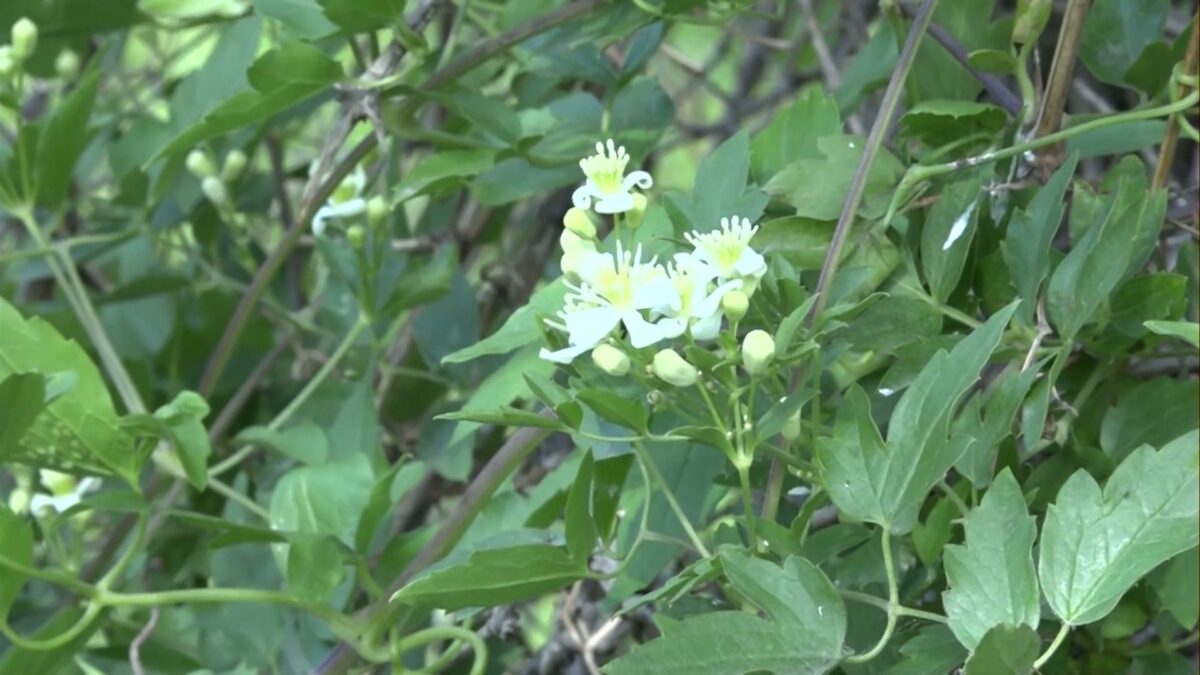Shifting Seasons: The climate crisis in Central Oregon’s native nations

Shannon Brady
BEND, Ore. (KTVZ) — Oregon’s changing climate is already impacting ecosystems and communities, especially here in Central Oregon. Traditional food gatherers of the Confederated Tribes of Warm Springs say things are changing quickly.
Laurie Danzuka says, “All the places I used to go when I was younger, we no longer go to those places.”
Starla Green, another traditional food gatherer, lives on the Deschutes River and spoke about the changes to the river and fishing practices. She said: “For the fish, the water temperatures, it affected the fish…The fish counts have gone down in years past. Growing up, people would bring us 100-200 salmon at a time to take care of, to preserve, to put away. Now, we’re even lucky to get 10 or 20.”
Not all communities experience climate change equally. Indigenous and rural communities are often more vulnerable, socially, geographically and economically, and feel the impact sooner and more severely.
Other members of the tribes shared concerns with KTVZ news about water quality and availability, growing seasons, and changes to the river.
The Confederated Tribes of Warm Springs are working to protect their lands and traditions through sustainability and conservation efforts through their Conservation Lands Program.
As the climate continues to shift, adaptation and resilience will be key for communities across the globe .